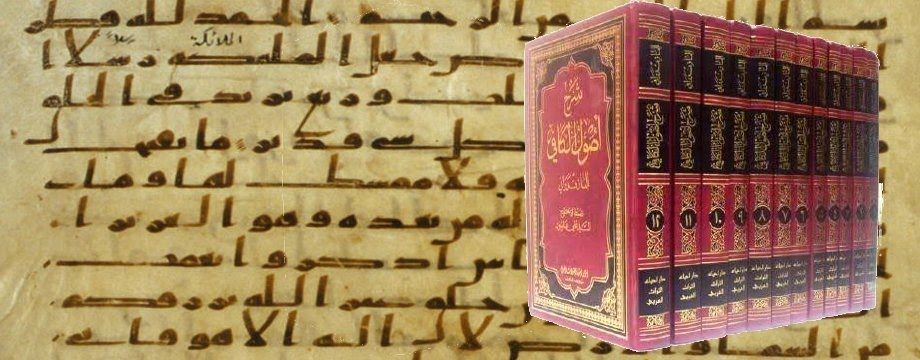In his Kitāb al-Ghaybah, Shaykh al-Ṭūsī quotes a narration from one of the special deputies of the 12th Imam, al-Ḥusayn ibn Rūḥ, in which he says that the 12th Imām was asked about the books of Ibn Abī al-Ghazāqir after he had been censured and a malediction had been pronounced against him. The Imām (‘a) replied: I say of them exactly what [my father] said about the books of Banī Faḍḍāl when asked about them. He (‘a) said: Take what they narrate and abandon what they interpret (khudhū mā rawau wa dharū mā ra’aw).1
What is worthy of note about this narration is that no other erstwhile narrator or scholar has mentioned it and only during the twelfth century A.H. was it once again quoted by the likes of Ḥurr al-‘Āmilī and al-Majlisī – and that too, from al-Ṭūsī’s Kitāb al-Ghaybah. Some later scholars have understood this narration to mean that whatever is narrated by way of the Banū Faḍḍāl should be “taken” i.e. deemed authentic and accepted, regardless of whom they narrate from or even if their chains are incomplete (mursal). The first person to use this reasoning in the field of the Principles of Jurisprudence (uṣūl al-fiqh) was Muḥaqqiq Narāqi, and in the field of Jurisprudence (fiqh) it was most likely Muḥammad Ḥasan al-Najafī (ṣāḥib Jawāhir) who first employed this reasoning. Worthy of note, however, is that both these scholars were late, and for centuries, no other scholar had interpreted this narration in such a manner.
Upon examination of this narration, we find that there are a number of problems with it. Firstly, it has a weak chain or narrators because ‘Abdullāh al-Kūfī, who is one of its narrators, is unknown (majhūl).2 Secondly, since this narration has not been mentioned in any other source, it is deemed to be from the munfaridāt of Shaykh al-Ṭūsī. Surprisingly, even Shaykh al-Ṭūsī does not mention this narration in any other of his works. Furthermore, the fact that none of the books of fihrist mention this narration even when discussing the works of the Banū Faḍḍāl is even more reason to question its authenticity, since this is what these works were written for in the first place. The narration itself seems dubious since the comparison made between Ibn Abī al-Ghazāqir and the Banū Faḍḍāl does not add up. The former was cursed while the latter were not; and the questioners about the former were his contemporaries whereas those who asked about the Banū Faḍḍāl lived decades after them.
Among the later scholars, those who interpreted this narration as being an injunction that obligates us to accept what comes from the Banū Faḍḍāl in the way of traditions, included Muḥaddith al-Nūrī and Shaykh al-Anṣārī. Sayyid al-Khūi argues that the Banū Faḍḍāl were not superior in status to some of the greatest companions like Zurārah and Muḥammad ibn Muslim, yet we do not accept narrations from the latter group if they contain weak or unknown narrators, so how can we accept such narrations from the former? Further, he says that before they deviated from the madhhab, their narrations were only accepted when they narrated from reliable people, so how can it be that after they deviated from our school of thought we should take all their narrations regardless of whom they narrate from?[ref]Kitāb as-Ṣalāh vol. 1 p. 150-152[/ref] Sayyid al-Khumayni says that if we reject the narrations of Banū Faḍḍāl because they narrated from weak narrators, our rejection is not of the Banī Faḍḍāl, but rather of the weak narrators they have narrated from.3
In conclusion, we note that even if we were to accept this narration, its correct interpretation would not result in the wholesale acceptance of what the Banū Faḍḍāl have narrated. Rather, we would accept what they have narrated from reliable narrators. The only thing that we can then take from this narration is the permission to accept the narrations of the Banū Faḍḍāl (who had deviated from the right aqīdah) as long as their narrations meet all the necessary requirements. And Allāh knows best.

